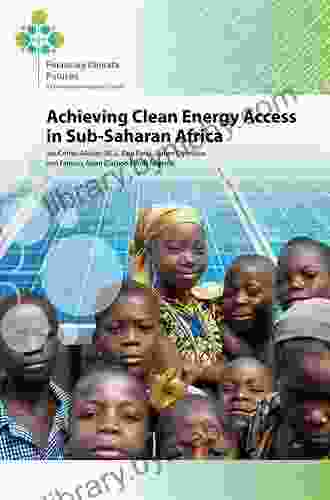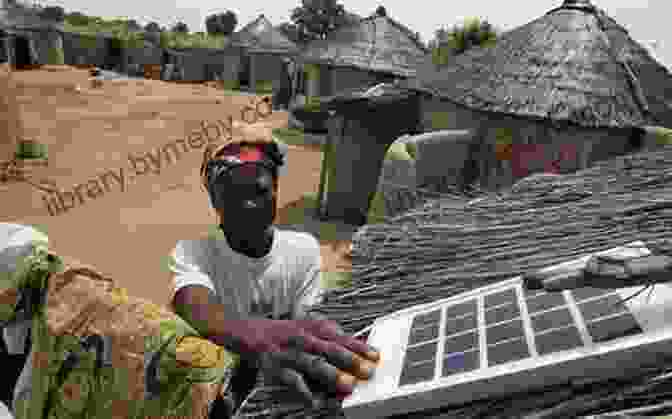Sub-Saharan Africa faces an immense challenge in providing access to clean, affordable energy. With over 600 million people living without electricity and millions more relying on polluting fossil fuels, the region's development and well-being are severely hindered. To address this crisis, significant investments are needed to finance the deployment of renewable energy technologies and expand electricity grids to underserved communities. This article explores the complex landscape of financing clean energy access in Sub-Saharan Africa, identifying key challenges, promising opportunities, and practical solutions to unlock the transformative potential of sustainable energy solutions.
Challenges in Financing Clean Energy Access
- High Investment Costs: Renewable energy technologies and grid infrastructure require substantial upfront investments, which can be a deterrent for private sector financing.
- Lack of Investment-Grade Projects: Small-scale renewable energy projects and community-level electrification initiatives often lack the scale and financial track record to meet the requirements of institutional investors.
- Policy and Regulatory Uncertainties: Unclear regulatory frameworks and policy inconsistencies can discourage investors by creating risks associated with project development and operation.
- Limited Local Capital Markets: Weak financial markets in many Sub-Saharan African countries constrain access to long-term financing and limit the ability of local banks to provide investment capital.
Opportunities for Financing Clean Energy Access
Despite the challenges, there are several promising opportunities to mobilize finance for clean energy access:
5 out of 5
| Language | : | English |
| File size | : | 4479 KB |
| Text-to-Speech | : | Enabled |
| Screen Reader | : | Supported |
| Enhanced typesetting | : | Enabled |
| Word Wise | : | Enabled |
| Print length | : | 212 pages |
- International Development Funding: Bilateral and multilateral development agencies provide grants, loans, and technical assistance to support clean energy projects and capacity building.
- Private Sector Investment: Strategic partnerships between private equity funds, renewable energy developers, and utilities can unlock investment capital for scalable clean energy solutions.
- Climate Bonds: Green bonds and other sustainable investment instruments can attract socially responsible capital from institutional investors seeking to align their portfolios with environmental goals.
- Innovative Financing Mechanisms: Pay-as-you-go models, microfinancing, and community-based financing approaches provide affordable ways to finance small-scale renewable energy systems.
Innovative Solutions for Financing Clean Energy Access
To bridge the financing gap and accelerate clean energy access, innovative solutions are needed:
- Public-Private Partnerships (PPPs): PPPs combine public funding with private sector expertise and investment capital to implement large-scale renewable energy projects.
- Energy Service Companies (ESCOs): ESCOs provide comprehensive energy management services, including financing, installation, and maintenance of renewable energy systems, reducing the upfront costs for consumers.
- Performance-Based Funding: Linking investment payments to project performance incentivizes developers to deliver reliable, cost-effective clean energy solutions.
- Community Ownership and Empowerment: Empowering communities through local ownership and decision-making ensures that clean energy projects align with their needs and priorities.
Financing clean energy access in Sub-Saharan Africa is a complex but imperative challenge. By addressing the challenges, leveraging the opportunities, and adopting innovative solutions, we can unlock the transformative potential of sustainable energy to improve the lives of millions of people. This comprehensive guide provides valuable insights for financiers, policymakers, and stakeholders committed to achieving universal access to clean, reliable energy in this rapidly growing region.
For further exploration into the subject, we highly recommend the book "Financing Clean Energy Access in Sub-Saharan Africa: A Practitioner's Guide." This essential resource delves deeper into the strategies, case studies, and best practices for financing clean energy initiatives, empowering readers to drive progress towards a more sustainable future.



























































































